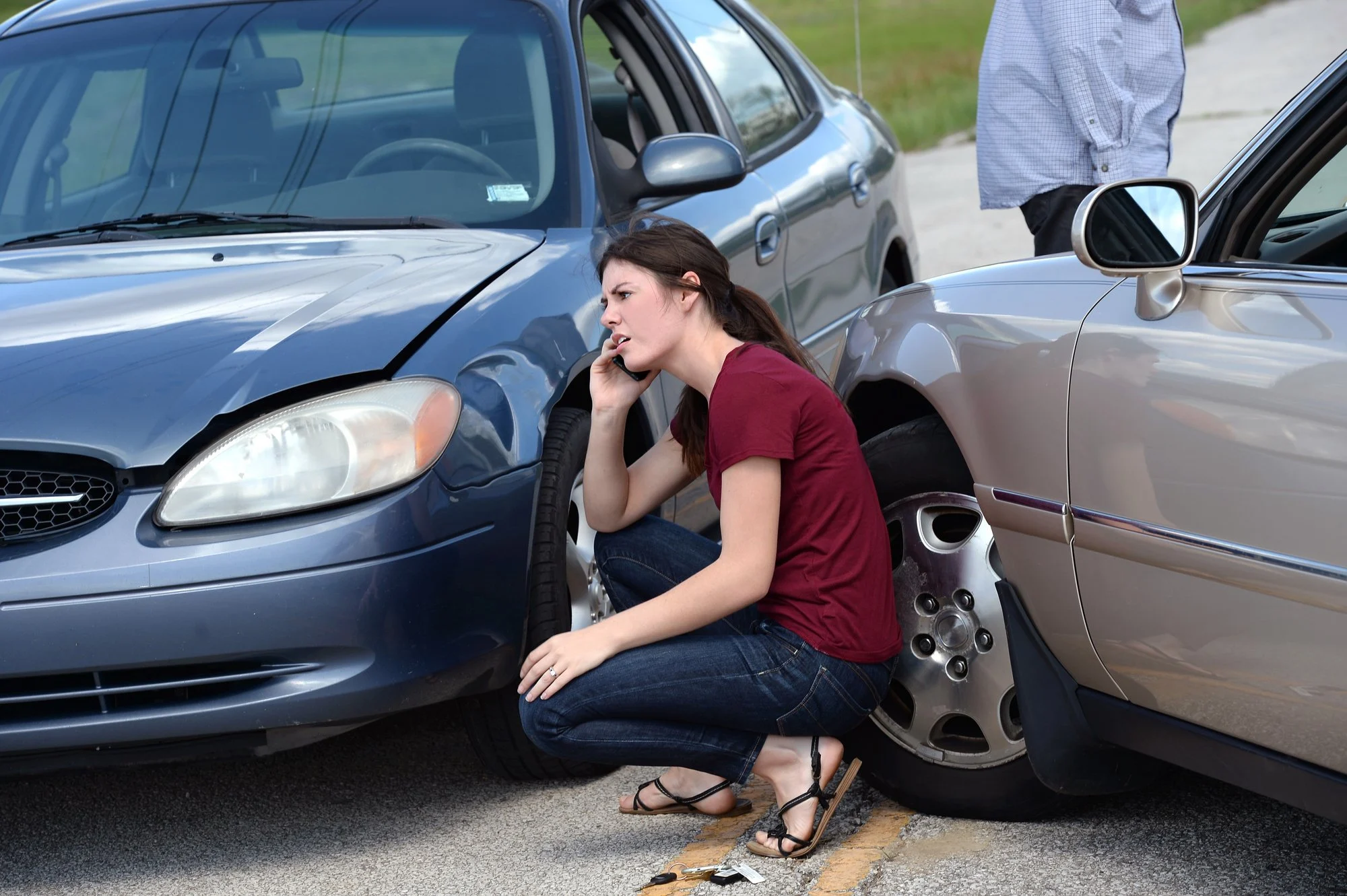What if you’re driving down the road when a driver cuts in front of you, and you end up in a severe accident? How would you feel if that driver left the scene of the accident?
As you can imagine, this can cause stress, anxiety, and frustration. If this ever happens to you, one of the first questions you might ask is, ‘Can I sue the driver who totaled my car?’ The answer may be yes, but there may be some things you should have considered.
Before you take any legal action, consider the possible outcomes and your rights. Here’s a guide to help you understand the legality of the situation, your rights, and the next steps you should take.
Establishing Liability for Civil Lawsuit
You must first establish their liability for the accident to sue the driver who totaled your car. This involves demonstrating that the other driver acted recklessly, leading to the collision.
Negligence can be established through various factors. The common grounds are distracted driving, speeding, disobeying traffic signals, or driving under the influence of drugs or alcohol.
When Can I Sue the Driver Who Totaled My Car?
Remember that there are statutes of limitations that dictate the time frame within which you must file a lawsuit after a car accident. Failing to meet these deadlines can result in losing your right to seek compensation through legal action.
Therefore, it is essential to act promptly. Seek legal advice after the incident to protect your rights and interests as soon as possible.
The Role of Insurance Companies
It’s essential to understand how insurance companies come into play. Typically, car accident cases are handled through insurance claims. The on-fault driver’s insurance should cover the damages incurred up to their policy limit.
Usually, the insurance settlement offered does not fully compensate you for your losses. You may consider filing a civil lawsuit to pursue further compensation.
Filing a Car Accident Lawsuit
To start the civil lawsuit, you (the plaintiff) must file a formal complaint against the at-fault driver (the defendant) in the appropriate court. The complaint outlines the details of the accident, the damages you suffered, and the compensation you seek.
The driver sued for a car accident will receive a copy of the complaint. This is when the legal process will begin.
Evidence Collection
A crucial aspect of any civil lawsuit for a car accident is collecting evidence to support your claims. Evidence may include photographs of the accident scene, medical records, witness statements, police reports, and other relevant documentation. Your civil attorney will help gather and organize this evidence to build a strong case on your behalf.
Settlement vs. Trial
In many car accident cases, the parties involved may reach a settlement agreement before the trial begins. Settlements are negotiated agreements where the at-fault driver’s insurance company agrees to pay a certain amount to the injured party to resolve the claim.
If a fair settlement cannot be reached, the case will proceed to trial. A judge or jury will decide the outcome.
Follow This Guide
You might ask, “Can I sue the driver who totaled my car?” Yes, you do have the option to seek compensation for your losses.
Consider filing a civil lawsuit against the driver who caused the accident.
You can recover damages for your car repairs or replacements, medical expenses, lost wages, pain, and suffering. Remember that the outcome of a civil lawsuit can vary depending on the evidence presented and the specifics of the accident. It’s crucial to seek professional legal advice.
Learn more about tips and guides. Check out our latest blogs!




